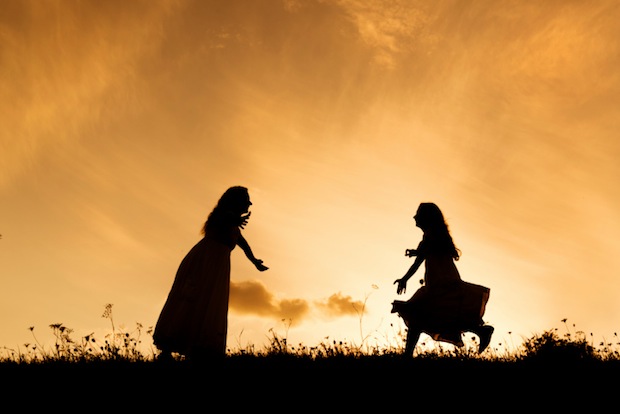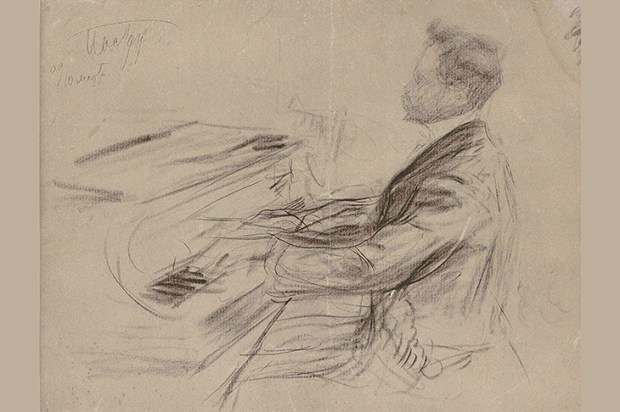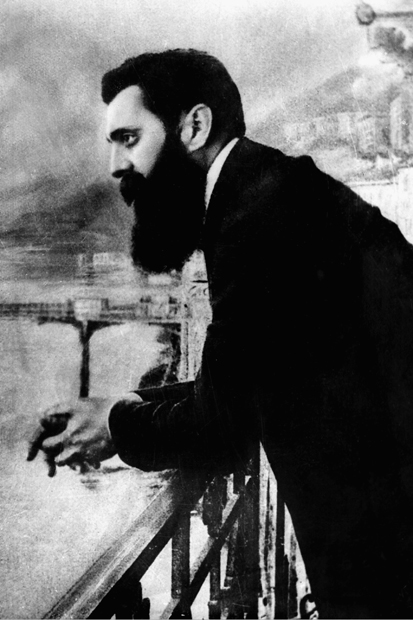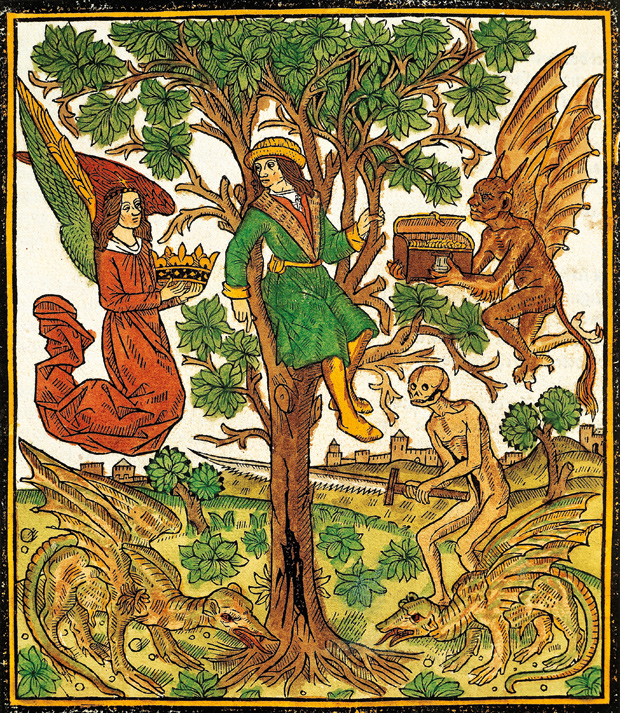The intensely lyrical Ghost Moth is set in Belfast in 1969, as the Troubles begin and when Katherine, housewife and mother of four, finds herself remembering an old love affair. Michèle Forbes achieves a vivid depiction of family life — the daily squabbles and teasing, the nuances of Katherine’s love for her children through a haze of exhaustion, one daughter’s struggle to be liked by bullying friends and another’s blushingly awkward first crush.
Already a subscriber? Log in
Subscribe for just $2 a week
Try a month of The Spectator Australia absolutely free and without commitment. Not only that but – if you choose to continue – you’ll pay just $2 a week for your first year.
- Unlimited access to spectator.com.au and app
- The weekly edition on the Spectator Australia app
- Spectator podcasts and newsletters
- Full access to spectator.co.uk
Unlock this article
Available from the Spectator Bookshop, £10.99, £14.39, £8.54. Tel: 08430 600033
You might disagree with half of it, but you’ll enjoy reading all of it. Try your first month for free, then just $2 a week for the remainder of your first year.















Comments
Don't miss out
Join the conversation with other Spectator Australia readers. Subscribe to leave a comment.
SUBSCRIBEAlready a subscriber? Log in